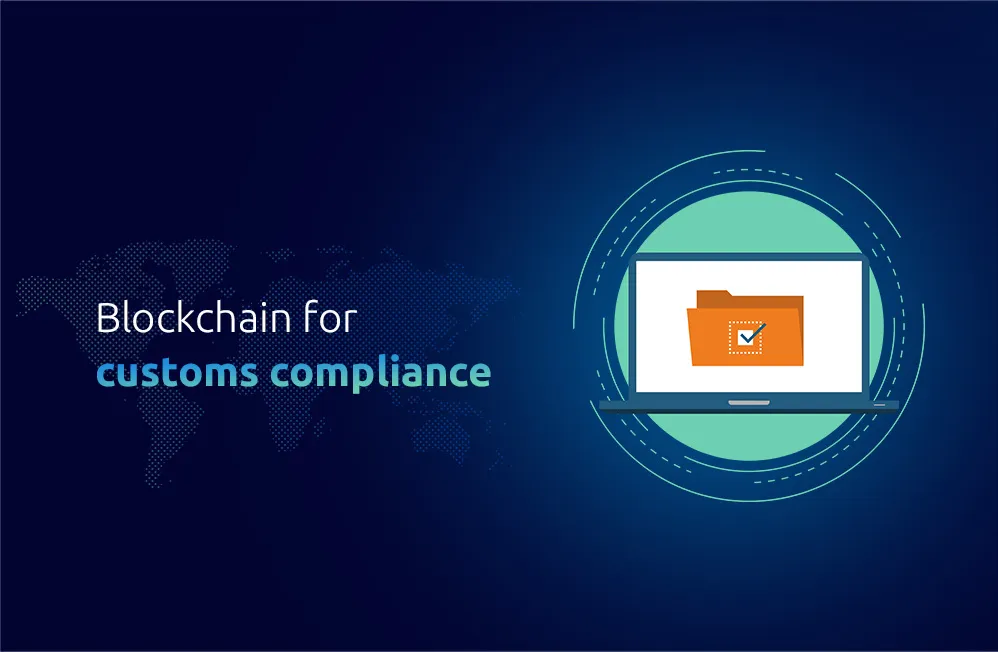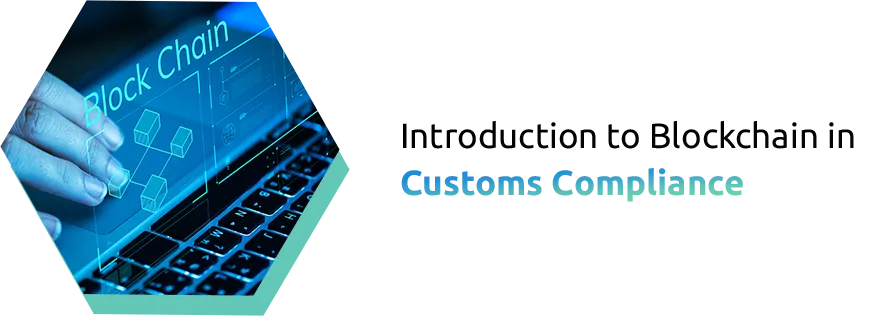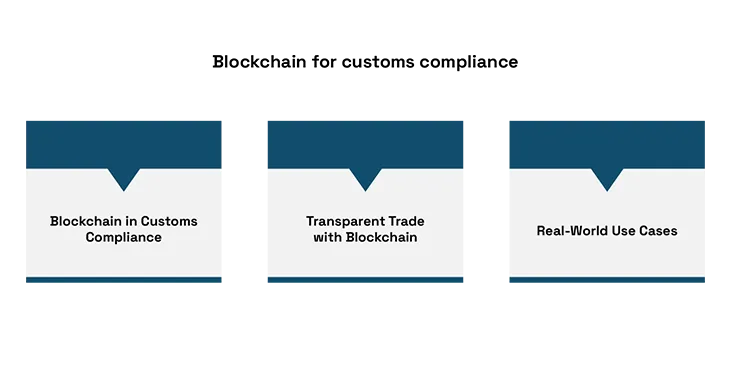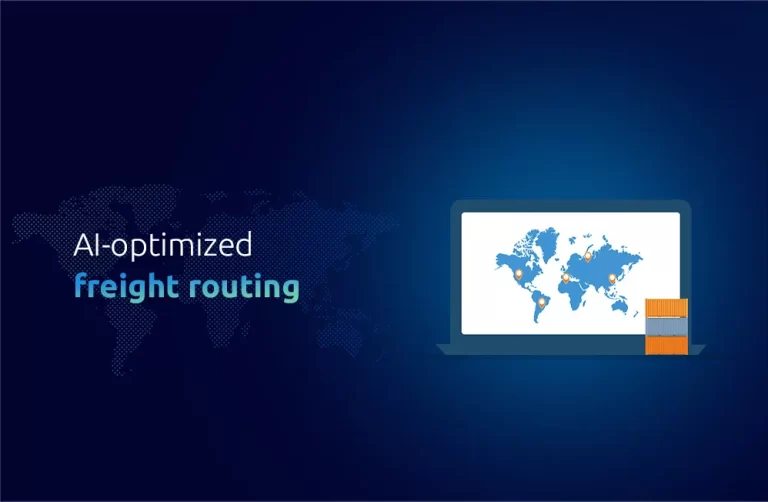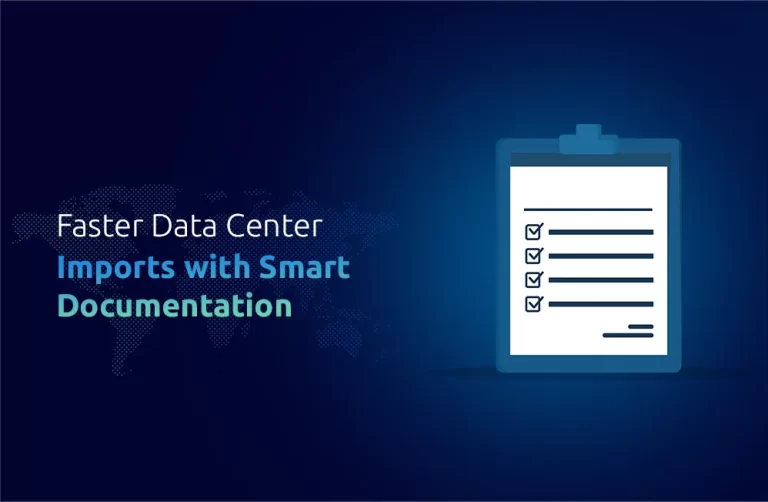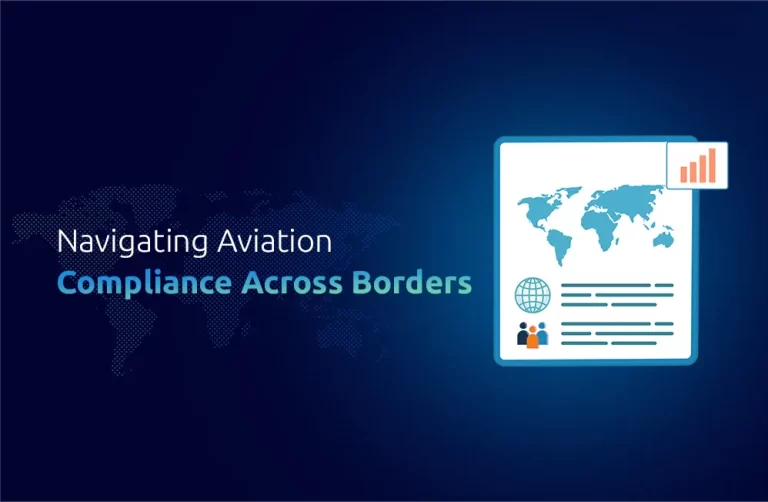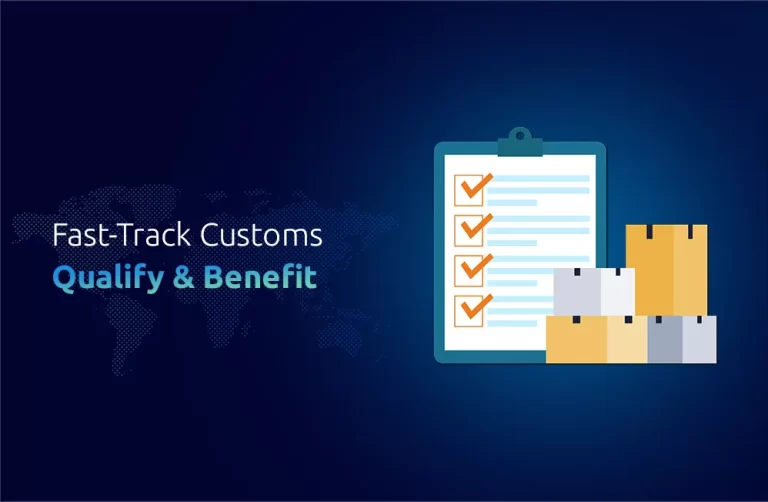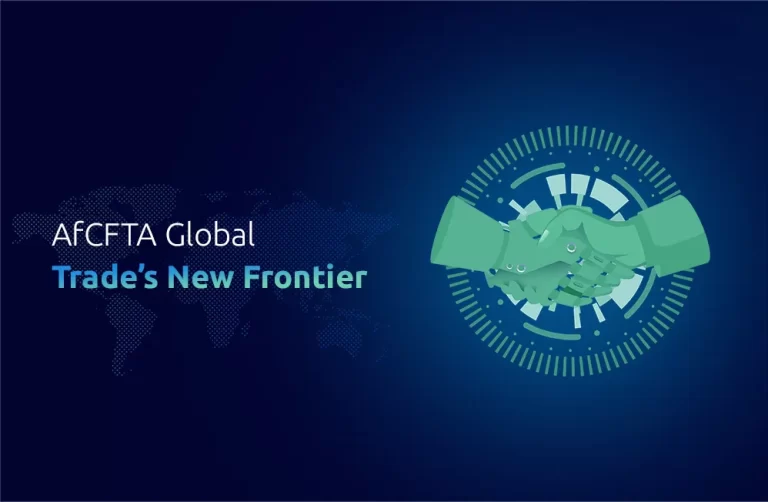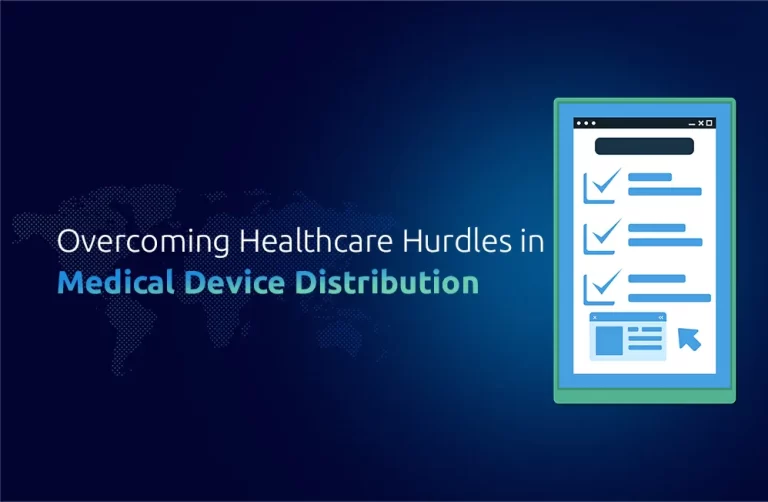Insight
Modern international trade is increasingly complex, making customs compliance an ongoing struggle for businesses and authorities. Customs regulations, documentation requirements, & transparency needs create requirements businesses must navigate to ensure smooth operations. Blockchain technology offers a revolutionary solution, offering a secure & transparent way of handling customs compliance that benefits both parties involved, creating efficiency, security, and trust through this digital transformation.
Blockchain has emerged as a game-changing technology capable of automating many aspects of customs compliance, including tracking goods movement across borders more easily while decreasing errors and fraud and increasing transaction speeds. Blockchain provides businesses and authorities with a decentralized ledger with immutability features that allow for easier tracking of goods movement while decreasing errors, fraud, and transaction speeds.
The Benefits of Blockchain for Customs Compliance
Blockchain technology has capabilities that can benefit the area of customs compliance. First, it makes the entire process transparent. This means all participants, from producers to carriers and customs, can access up-to-date and accurate information. Thus, the entire supply chain works with optimum efficiency. Through the capability to follow goods from the point of origin to the point of consumption, companies may guarantee they comply with all regulatory issues without interruption or mistake.
Reduced fraud is another major benefit. The fact that data on a blockchain cannot be changed without others (on the network) seeing the changes is very attractive. This reduces the risk of false certificates or tampered goods during shipping, a common issue across global trades. With the help of Blockchain, businesses can ensure that information provided to customs authorities is authentic, tamper-proof, & in compliance with applicable laws and regulations.
How Blockchain Enhances Transparency and Security in Customs Compliance
Customs compliance involves multiple steps, interactions among businesses, customs authorities & regulatory bodies. Each party must ensure they possess all appropriate goods descriptions, quantities, and origin information that comply with trade laws.
Blockchain provides a transparent wallet that all stakeholders can securely and jointly share. Through its decentralized nature, blockchain ensures that no single party has control of its use, thus lowering the risk of corruption and fraud and allowing all parties to follow real-time data, paving the way for working collaboratively and resolving issues much more quickly.
The Role of Blockchain in Reducing Costs and Streamlining Customs Processes
One of the main attractions of adopting blockchain for customs compliance is its potential cost-cutting effect. Traditional customs procedures often entail lengthy paperwork, manual checks, and other severe activities that consume time and resources. Blockchain can simplify these processes to cut administrative costs further while increasing efficiency through faster processing times, reducing delays or costs associated with holding inventory or rescheduling shipments.
A Step-by-Step Process of Blockchain Integration in Customs Compliance
Implementing blockchain for customs compliance involves a systematic approach that integrates several key steps. First, businesses integrate supply chain data into the blockchain system, including product details, origin certifications, shipping routes, and relevant regulatory documentation.
Smart contracts are then programmed to execute the required paperwork upon submission and verification to remove delays and reduce opportunities for human error. Once the data is in the blockchain, all participants, including customs officials, will have access to the goods in real-time, meaning that verification checks can be completed instantly and complications can be identified sooner. Customs agents can then check and confirm documents, and the solution will automatically enforce compliance with trade laws and regulations. Then, when the compliance checks are run, the shipping is finally released, with all goods continuing with no delay, as documentation has been processed in real-time on the Blockchain.
Conclusion
Blockchain technology is revolutionizing customs compliance processes, offering exceptional transparency, security, and efficiency advantages. Businesses that adopt this revolutionary technology can ensure compliance with global trade laws while simultaneously cutting costs & improving supply chain operations. In that case, One Union Solutions is here to assist you. We offer tailored solutions leveraging blockchain tech for optimal customs compliance results.
Did You Know,
Market studies suggest that businesses utilizing blockchain for customs compliance can reduce document processing times by up to 80%, speeding the delivery of goods while improving global trade system efficiency.
FAQs
What are the benefits of Blockchain to the customs compliance process?
The customs compliance process can benefit greatly from adopting blockchain thanks to its secure, transparent, and unchangeable record of all transactions. It minimizes fraud and streamlines the approval process.
What is the role of smart contracts in customs compliance?
A smart contract is a contract that is stored on a blockchain that is self-executing and which automatically checks a condition and executes an action (e.g., tubes are submitted) once the contract is in place.
Will applying blockchain technology have the power to diminish the incidence of customs fraud?
Yes, its immutability and transparency will make both my documents and shipment details impossible to change, thus reducing the risk of fraud in customs clearance.
Is blockchain cheap for customs compliance?
Although blockchain has an upfront cost, since it is an absolute win regarding overhead costs and processing speed, it’s essentially free once the initial investment is recouped .
How secure is blockchain for customs?
Blockchain is extremely secure, as it is encrypted and decentralized, preventing data tampering and unauthorized access and guaranteeing the authenticity of customs documentation.

